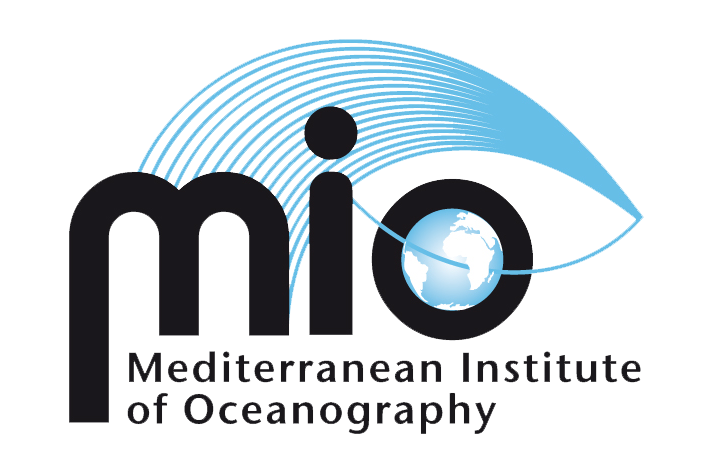Environmental Microbiology Bioprocesses (MEB)
Headers : Laurie Casalot and Benjamin Misson
The MEB team explores taxonomic and functional microbial diversity in the oceans, with historic expertise in the isolation and essential characterization of cultured models.
This descriptive exploration is complemented by a comprehensive vision of the role of microorganisms and their interactions in the functioning of marine ecosystems. These fundamental foundations enable us to better understand the impact of human activities and pave the way for the development of bioprocesses.
The team's research is organized around 4 unifying themes
Exploring the marine microbial world
Although marine microorganisms play a major role in the functioning of the oceans, they are still largely unknown. The identification of new species of bacteria, archaea, viruses or unicellular eukaryotes, and the description of microbial assemblages and their dynamics under given environmental conditions form an important basis for marine microbial ecology.
Read more
Functional microbial ecology from gene to ecosystem
Exploring the biodiversity of marine ecosystems allows us to characterize the microbial world present, but does not provide any clues as to how these ecosystems function.
In parallel with the description of the microbial world, the research activities of the SEM team will aim to understand the role of this microbial compartment in the transfer of matter and energy in the marine environment.
Read more
Marine microorganisms in the Anthropocene era
Marine microbial diversity and function vary spatially and temporally according to their biotic and abiotic environments. As an integral part of this environment, the human species exerts a range of pressures and disturbances on the marine environment, both on a global scale (climate change) and on a local scale (chemical pollution).
Read more
Microbial ecology and major societal challenges
Knowledge of marine ecosystems and how they function enables us to identify microbial metabolisms and functional traits. By taking into account the human impact on ecosystems, we can identify potential targets for improving our activities to reduce their effect, or tools for exploiting microbial resources. The MEB team will make available to society the knowledge acquired at the fundamental level, in order to propose improvements or new solutions to major societal issues.



